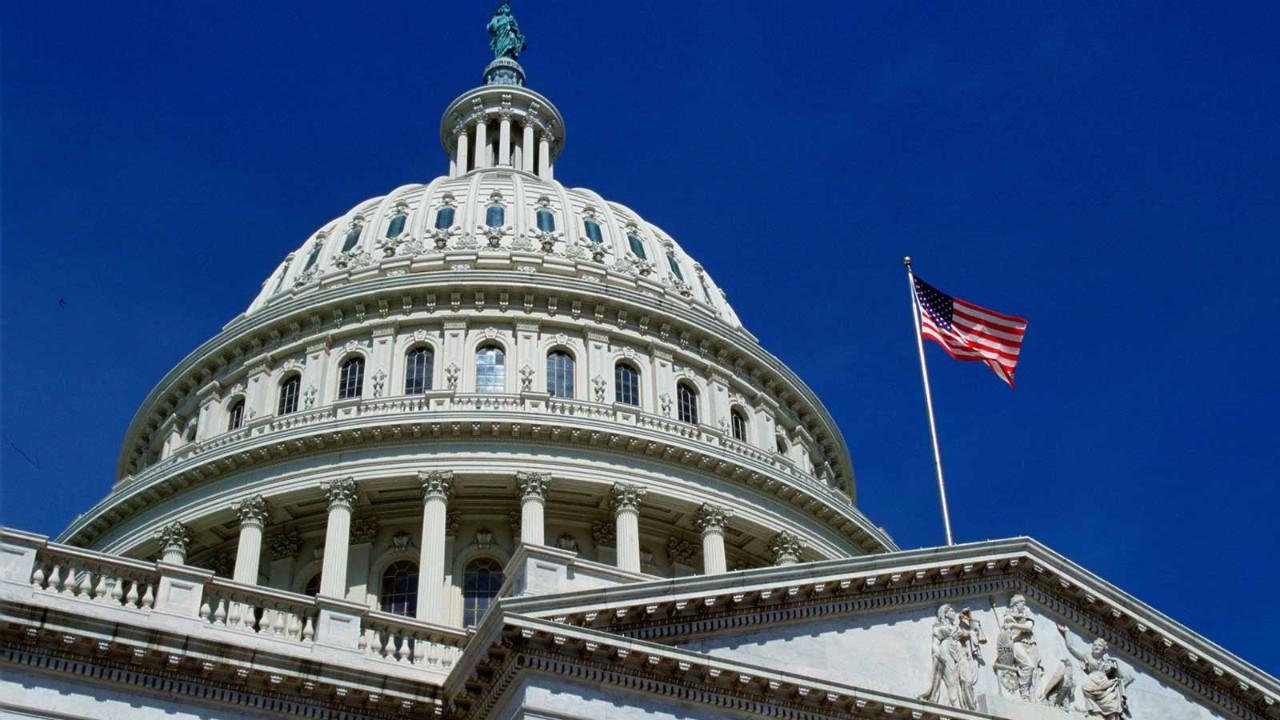
Few pieces of legislation in US history have been more inappropriately named than the Inflation Reduction Act 2022. The legislation contains few provisions even intended to curb inflation in the near term, and the Congressional Budget Office (CBO), the non-partisan adviser to lawmakers, says its estimates show the act having a ‘negligible effect on inflation’ in 2022. In 2023 prices will be either 0.1 of a percentage point lower or higher than they would otherwise have been, according to CBO calculations.
‘Companies will face a high degree of uncertainty in how to interpret what deductions the tax authorities will accept’
But behind the politically expedient branding, the Inflation Reduction Act is a landmark in green legislation. It offers US$369bn of tax incentives expected to put the US on the path to a 40% cut (compared with 2005 levels) in greenhouse gas emissions by 2030. The act also represents a major overhaul of US corporate taxation, with the goal of making some of the country’s corporate giants pay for the investment in a greener future.
The legislation aims to raise money in three main ways. The first is a corporate alternative minimum tax (AMT) that sets a minimum 15% levy on companies with net profits over US$1bn. The second is a 1% excise tax on corporations when they repurchase their own stock. And finally, it allocates an additional US$80bn over the coming decade to the Internal Revenue Service (IRS), bolstering its ability to raise revenue from businesses and individuals alike.
AMT uncertainties
So what should professional accountants be telling CFOs about the looming tax hikes? And which parts of corporate America are likely to be most impacted?
The greatest area of worry for CFOs at top US companies arises from the new AMT. The CBO estimates it will raise US$222bn over 10 years, with perhaps 150 to 200 of the country’s largest companies picking up the tab. However, the main concern for affected companies is the resulting uncertainty, according to experts. The US$1bn profit threshold on which the tax is based revolves around the new concept of ‘adjusted financial statement income’, including a complex series of potential deductions that accountants say have not been fully clarified in the legislation.
‘This is a complex and novel way to raise revenue,’ says Jennifer Acuna, principal at KPMG’s federal legislative and regulatory services in Washington DC. ‘As a result, companies will face a high degree of uncertainty in how to interpret what deductions the tax authorities will accept.’ Since it will likely take several years for this clarity to emerge, Acuna believes the resulting confusion could have a significant effect on corporate investment.
This sentiment is echoed by Jonathan Traub, managing principal for tax at Deloitte in Washington DC. ‘We have talked to a lot of companies who are worried about the compliance burden and uncertainty,’ he says. ‘It is also creating stress in relationships between companies and auditors in adjusting to the new rules while keeping a clean book that shows a full picture of the health of the company.’
An additional design flaw, says Carrie Falkenhayn, Deloitte’s global tax lead, is that the US$1bn cut-off will not be adjusted for inflation. ‘The result is that more companies will be impacted over time,’ she points out.
‘For green energy and renewables, it is Christmas in August and Christmas for the next 10 years’
Green energy winners
Given such uncertainty, accountants do not yet have a definitive view on which sectors will suffer most from the AMT. Late adjustments to the legislation appeared to mitigate particular downsides for manufacturing and pharmaceutical companies, which stood to lose the benefit of certain accelerated write-offs for investment.
But there is little debate about the big winner from the legislation. ‘For green energy and renewables, it is Christmas in August and Christmas for the next 10 years,’ says Acuna. ‘There seems to be something for everyone in this industry, with credits starting from building the factories and incentives for consumers to purchase greener products all the way to the resale market.’
The act also gives companies in this sector considerable flexibility in harvesting these benefits, even allowing them to sell on their credits to other companies. ‘There is no doubt that CFOs in this area will need to do a lot of work figuring out how to configure their businesses to take full advantage,’ Acuna adds.
Beyond corporate giants and the green energy sector, the act will change the way companies are taxed on payouts to investors. Compared with the 15% AMT, the 1% duty on share buybacks is expected to raise a modest sum for the US Treasury – around US$74bn over 10 years. The aim is to encourage companies to prioritise investing for the future – and so boost the economy and employment – over rewarding investors with buybacks.
However, it remains to be seen whether the tax will be sufficient to alter the behaviour of the C-suite, says Alex Durante, a federal tax economist at the Tax Foundation, a think tank. ‘It is possible that companies could shift more payouts to dividends or even just keep more cash off the balance sheet,’ he says. ‘Most probably, however, the tax is not high enough to significantly affect the behaviour of companies.’ Traub at Deloitte says some companies his team has consulted view the new provision as a ‘nuisance’ rather than a tax that will change payout and investment decisions.
IRS boost
Finally, CFOs will also be dealing with a fortified IRS. While this could raise the risk of audits – which can be costly and time-consuming for smaller companies – it could be an unexpected boon for larger companies that usually already have IRS auditors permanently working in their buildings. ‘These taxpayers generally appreciate having more well-trained auditors, backed up by better systems,’ Traub says.
Overall, the Inflation Reduction Act raises questions that will take years to answer, and accountancy firms believe CFOs need to start preparing now. For many this will put further strains on their systems. A recent KPMG survey of 300 C-suite executives found that a majority (52%) are not yet leveraging tax data to plan or model for policy changes such as the Inflation Reduction Act.
The report concluded that leaders able to harness the predictive power of their tax data will gain a competitive advantage. Unexpected changes to the tax code, such as the latest surprise shift, underline the importance for CFOs of ensuring their departments can adjust swiftly.
More information
ACCA’s Public Trust in Tax report

